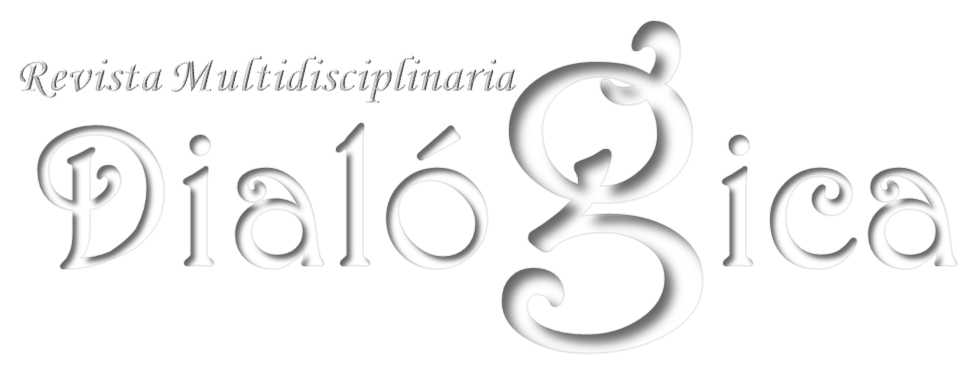Axiology, human rights, justice, and peace as guiding keys for educational projects
DOI:
https://doi.org/10.56219/dialgica.v22i3.3556Keywords:
Poverty, inequality, inclusion, human rights, valuesAbstract
This scientific article addresses the problem of poverty, inequality and lack of opportunities faced by vulnerable communities, especially children and young people, in the environment of the Adventist University Institute of Venezuela (IUNAV). Through a diagnosis based on in-depth interviews, a context of violation of human rights, absence of a culture of peace and obstacles to access to education is highlighted. As a solution, it is proposed to implement community extension initiatives that involve students in projects to serve and support these populations, as well as entrepreneurship and technical-professional training programs. This proposal is based on the theories of educational inclusion, project-based learning and axiological theory, seeking to raise awareness of human rights, social justice and peace, while providing opportunities for economic development to vulnerable young people.
References
Corzo, J. R. F. (2011). Valoración del pensamiento axiológico de Risieri Frondizi. En: Pensamiento Axiológico. Antología. Cali-La Habana: Biblioteca Americana, Universidad del Valle-Instituto Cubano del Libro, VII-XXIII. https://philarchive.org/archive/CORVDP
Cruz, M.E. (2024). El trabajo infantil en las haciendas del Estado de México: una causa del ausentismo escolar en el porfiriato. Secuencia, 118, 1-28. https://doi.org/10.18234/secuencia.v0i118.2053 DOI: https://doi.org/10.18234/secuencia.v0i118.2053
Machado, C., y Tapia, M. S. (2020). COVID-19 y seguridad alimentaria en Venezuela. Informe a un año de pandemia de la COVID-19. Boletín de la Academia de Ciencias Físicas, Matemáticas y Naturales, LXXXI (2), 27-40. https://acfiman.org/wp-content/uploads/2022/07/LXXXI.N2.P27-40.2021.pdf
Martínez, R. (1983). El Concepto Educativo De John Dewey. Revista Huellas, 4(8), 12-34. https://goo.su/F2ERH
Morales, J. (2022). Amartya Sen y la moderna teoría económica del bienestar y desarrollo humano. Consejo Uruguayo para las Relaciones Internacionales: Uruguay https://goo.su/GMEKCy
Mundo Hernández, J.J. (2020). Educando para un mundo sostenible a través de la responsabilidad social universitaria. Arquitectura y Urbanismo, XLI (3), 102-110. https://www.redalyc.org/journal/3768/376865021011/html/
Thomas, G., y Loxley, A. (2022). Deconstructing Special Education and Constructing Inclusion 3e. McGraw-Hill Education (UK).
Published
How to Cite
Issue
Section
License
Copyright (c) 2025 Guillermo Antulio Rondón Caraballo

This work is licensed under a Creative Commons Attribution-NonCommercial-ShareAlike 4.0 International License.


 @revistadialogica
@revistadialogica DialogicaUPEL
DialogicaUPEL RevistaDialogicaUPELMaracay
RevistaDialogicaUPELMaracay dialógicaupel@gmail.com
dialógicaupel@gmail.com dialogicaupel.blogspot.com
dialogicaupel.blogspot.com https://issuu.com/dialogicaupel
https://issuu.com/dialogicaupel https://revistas.upel.edu.ve/index.php/dialogica/
https://revistas.upel.edu.ve/index.php/dialogica/









